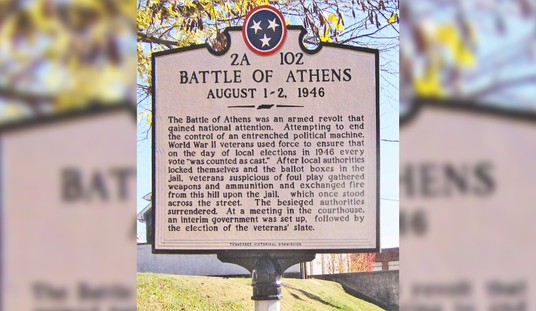For the last several days, while ferrying young master Kimball, aetat 10, from point A to point B and back again, we’ve been listening to an audio tape of Jules Verne’s classic Around the World in Eighty Days. It has been a great hit with the prop and support of our old age. Most of my readers, I expect, will recall the story of the super-phlegmatic Phileas Fogg, “one of the most noticeable members of The Reform Club” in London, who bets £20,000, half his fortune, that he can circle the globe in 80 days. Fogg sets off with his trusty servant Passepartout on an adventure that takes them on steamers, railways, carriages, yachts, trading-vessels, sledges, and elephants, from London to Egypt, India, Japan, San Francisco, New York, and back again to London.
Verne had an encyclopedist’s delight in the exhibition of precision and local detail. Eighty days, says Fogg on accepting the bet, that’s “nineteen hundred and twenty hours, or a hundred and fifteen thousand two hundred minutes.” When the the Henrietta leaves New York Harbor, the ship passes “the lighthouse which marks the entrance of the Hudson, turned the point of Sandy Hook, and put to sea.” Trust Verne to know about that lighthouse and Sandy Hook. Trust him to know that the railway from San Francisco reaches its highest elevation–“eight thousand and ninety-two feet above the level of the sea”–at Evans Pass, Wyoming, before it lumbers onward to Nebraska where, on October 23, 1867, the Union Pacific Railroad was inaugurated “by the chief engineer, General Dodge.” Verne’s eye for detail domesticates the fantastic, endowing his fiction with the seductive authority of fact.
It’s an engrossing tale, full of local color and period exactitude. I was struck not only by the confident, allegro velocity of the story but also by some of Verne’s offhand sociological observations. Describing the construction of the transcontinental America railroad in the 1860s, for example, Verne remarks that this stupendous engineering feat was accomplished in “typical America style, without too much paperwork or bureaucratic fuss.”
“Typical American style” circa 1870, perhaps. How about now? Have you filed a tax return lately? Tried to start a business? Looked into the size of your Congressman’s staff? A news story today tells me that “The world’s leading economies, including emerging powers like China, agreed on Saturday on the need to take measures to stimulate growth and fight off the threat of a global recession.” Good idea, gents! One measure might be to cast a beady eye on the passion for over-regulation, “paperwork” and “bureaucratic fuss” that seem to be a déformation professionelle of homo politicus, at least in his contemporary incarnation. Another might be for Barack Obama to reevaluate his campaign promise to shift some money from your pocket to the 43 percent of tax filers who do not currently pay income tax as well as his proposal to remove the cap on Social Security taxes and raise taxes on capital gains and dividends.
Stimulating growth is a great idea. You do that by allowing individuals and business to operate in environment that is from from needlessly burdensome governmental regulation and to allow them to keep as much of their wealth as is consistent with the efficient running of the government.
Over the last couple of months, the U.S. Government has gone into the banking business, the investment house business, and the insurance business. There are now government bureaucrats sitting on the boards of those companies: how long before they start meddling and telling them how to run their business? Nancy Pelosi & Co. are even now contemplating going into the automotive business, with huge bailouts for the bloated, irresponsible American car industry, which for years has been making cars that the consumer doesn’t want at prices he is loathe to pay, all the while carrying the crushing burden of pension benefits that add some $1800 to the cost of every car that rolls of the Detroit assembly line. A serious administration would be looking not for ways of bailing out the car industry with more of the taxpayers’ money but ways of renegotiating those ruinous pension obligations.
In any event, anyone interested in the prosperity of the US financial or automotive industries will want to get the government’s claws out of them as soon as possible. We know “par expériences nombreuses et funestes” (as the mathematician Pierre-Simon Laplace put it in another context) that involving the government in running a business is a prescription for disaster. A friend recently called my attention to the story of Mustang Ranch, the famous brothel in Nevada that the IRS seized for non-payment of back taxes and then, as stipulated by law, tried to run. Of course, they failed and the once thriving establishment closed. Do we really want them mucking up things at places like Goldman-Sachs, Citibank, and General Motors?









Join the conversation as a VIP Member